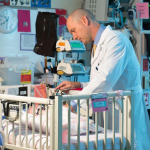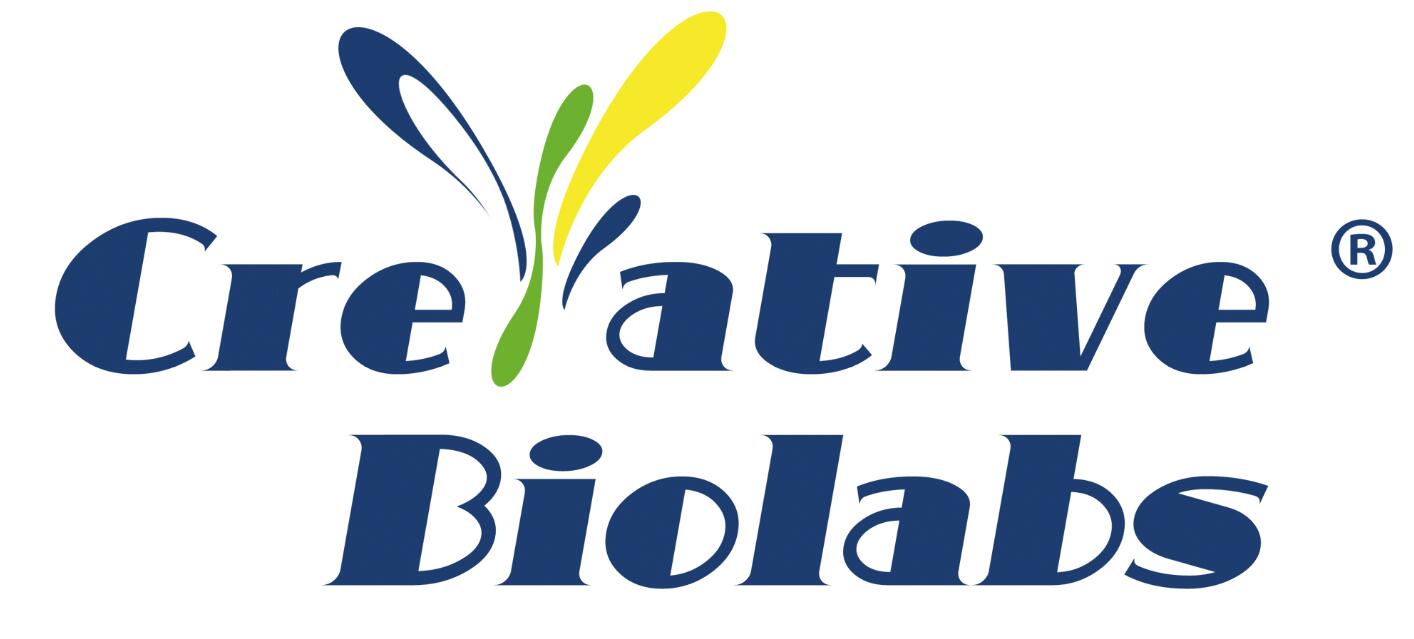For 51 years, newborn babies have gotten a heel-prick test in which their blood is screened for dozens of congenital diseases. Routine newborn baby screening has basically eliminated the risk of death or irreversible brain damage that some of these disorders can pose if they are not identified right away.
In the USA, a plan known as “BabySeq Project” is undergoing with opportunities and challenges. This plan not only expands the sequencing market, but accompanies one’s whole life since the day of his/her birth. As a guide to new life, BabySeq Project focuses on preventing and curing diseases so as to improve human’s life.
 The BabySeq project is the first randomized, controlled trial to detect the advantages and disadvantages of newborn genomic sequencing. One of four NIH-funded projects granted a total of $25 million to examine genomic sequencing in newborns.
The BabySeq project is the first randomized, controlled trial to detect the advantages and disadvantages of newborn genomic sequencing. One of four NIH-funded projects granted a total of $25 million to examine genomic sequencing in newborns.
Most doctors in the USA have the common belief that government should fund on a new medical project—whole genomes sequencing for new born babies. Data gained through this project will help put genetic science into widened applications, such as developing personalized therapy, selecting the most effective drugs for asthma patients.
Brigham and Women’s Hospital, a 150 years old hospital located in Boston, is the original founder of Partners HealthCare System (PHS). It’s also a hospital with the largest number of Nobel Prize award winner in the world. “We are heading for a brand new era when all medical researches are developing into genomics related ones,” said Brigham’s geneticist Robert C. Green, “In the next five to ten years, the cost for sequencing will be decreased, and science will have a deeper explanation for genomic data. Everybody’s genetic sequencing will be more significant than ever.”
The main question for this project is what will come of giving genomic information to parents and their baby’s doctor. Will doctors order more tests and interventions than expected? Will those tests and interventions contribute to their babies’ health? Or are they just wasting money, or even end up doing more harm than good?
It’s normal for parents to have these worries. But as we all know, the early recognition of diseases can make early intervention into genetic diseases and even save a child’s life. Through technologies like whole genome sequencing and all exons group sequencing, scientists found that 1% to 2% of the human’s genomes cause most of the hereditary diseases. Gene sequencing of specific locus can help identify some mutation related diseases. Parents just need time to relax.
